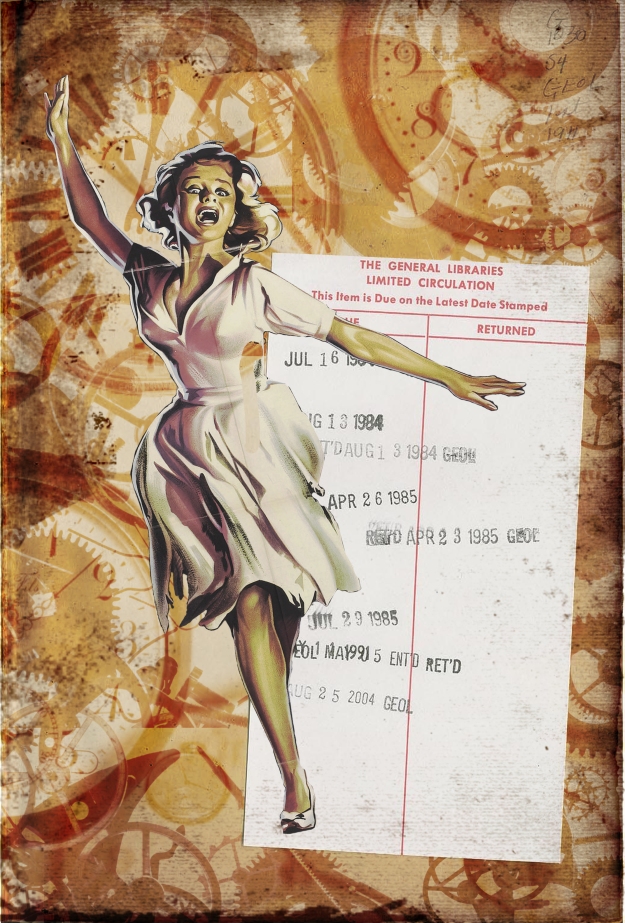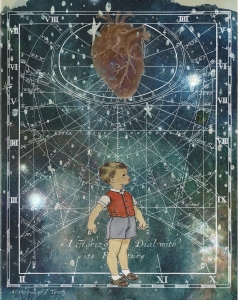 I love track driving. We’re talking high-speed, all day, high-performance agility driving, ala The Stig. Nothing, not one thing in the world locks in my adrenaline and attention like navigating the wide outside turn at #13 before the whiptail into the straightaway. I feel my mind gearing down while I try to let go of my death grip on the wheel and let the back end drift itself around so I can punch the accelerator at the apex. (For the record, it took me a full day to learn how to make that happen just once.) Topping my last lap time is one of my favorite adventures, one I’m surprised I’ve had the opportunity to enjoy. But I know better than to try to beat the best time of the day.
I love track driving. We’re talking high-speed, all day, high-performance agility driving, ala The Stig. Nothing, not one thing in the world locks in my adrenaline and attention like navigating the wide outside turn at #13 before the whiptail into the straightaway. I feel my mind gearing down while I try to let go of my death grip on the wheel and let the back end drift itself around so I can punch the accelerator at the apex. (For the record, it took me a full day to learn how to make that happen just once.) Topping my last lap time is one of my favorite adventures, one I’m surprised I’ve had the opportunity to enjoy. But I know better than to try to beat the best time of the day.
I don’t actually drive a high-performance car. My daily driver is a stock Nissan 350z. She is certainly peppy enough for a good time and has delightfully tight handling that makes the slaloms no big deal, but she will never outrun the big boys. She just doesn’t have enough engine for that. Most track days I tire out my wave-by hand because, as anyone who has driven among the XRs and McLarens will tell you, the track teaches you exactly what your car can do… and what it cannot. Learning to drive with any seriousness starts with finding your limitations.
Two people close to me, women I care about and respect deeply, have lost friends to cancer this month. I know this because they are sharing their grief and recovery on Facebook. I want to reach out and extend my sympathies. I want to say, “I care about your pain. I’m sorry for your loss.” I want to be a good friend. I just… can’t. Not right now. Not when they are living the very thing that wakes me up in a cold sweat some nights, that is a faint and constant hum in the back of mind most days.
Another dear and treasured friend is fighting her own battle. I’m almost tearfully happy to see photos of her enjoying her not-quite-remission, her return to health and full activity after a year of oxygen tanks, hospital stays and dizzying medications. I have not reached out to share in her summer of joy and celebration, however. Not because I don’t love the simple pleasure of a shared meal with her, but because I’ve felt the boundaries of what I have to give too bluntly on the few occasions when we have had long, earnest, all-too-empathetic talks about the realities of cancer. I needed her more than she needed me, and that just feels unfair and too heavy a burden right now. (Yes, darling, I know this bullshit is all in my head. You can tell me that over eggs and coffee sometime.)
Love has limitations. We can’t be all things to all people at all times. We do what we can, and the sane and functional among us stop when we find our wall. If we really have our shit together we know when to say “No” or “Not now” or “This is too much.” We carefully curate our time, efforts, focus, and we prioritize those who receive the lion’s share. We decide who and what are most important—not in the world, but to us in this moment.
I’m so sorry to my friends who are outside of my tight and anxious inner circle right now. I am truly sorry that I don’t have enough engine for all of you. I am just clinging on to the wheel with a desperate grip right now, trying to hold a staggering curve while we pull ourselves into, hopefully, another straightaway. These are my limitations, and I’m learning to accept them.

 “It’s so very strange to have PET scans become a medical tedium,” my sister posted on Facebook before going into her routine quarterly scan for cancer activity. She dropped off her kid, grabbed a book to read, a smoothie, and sent me funny texts from the waiting room before the tiresome protocol we’ve all grown used to over the last year.
“It’s so very strange to have PET scans become a medical tedium,” my sister posted on Facebook before going into her routine quarterly scan for cancer activity. She dropped off her kid, grabbed a book to read, a smoothie, and sent me funny texts from the waiting room before the tiresome protocol we’ve all grown used to over the last year.










